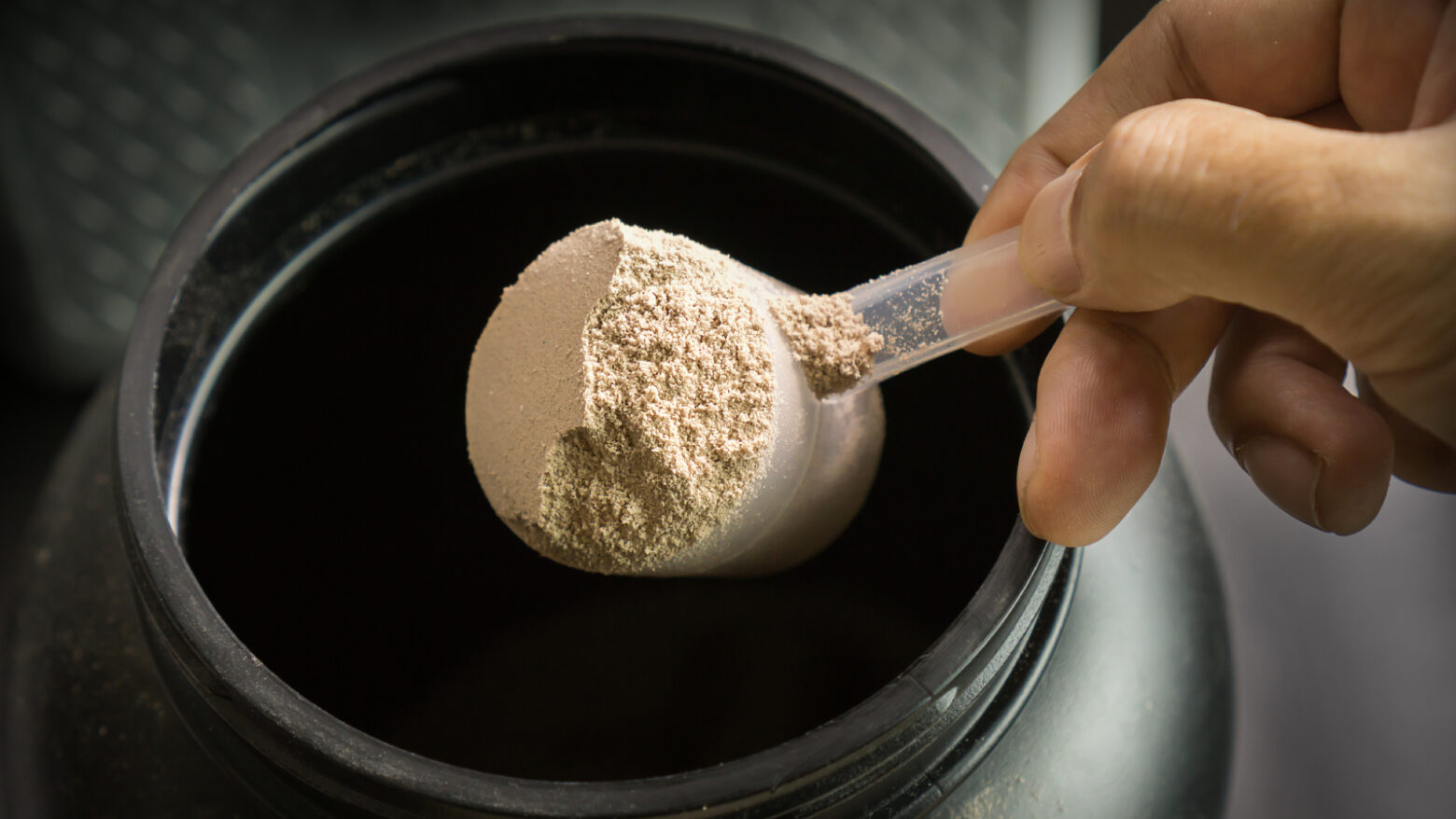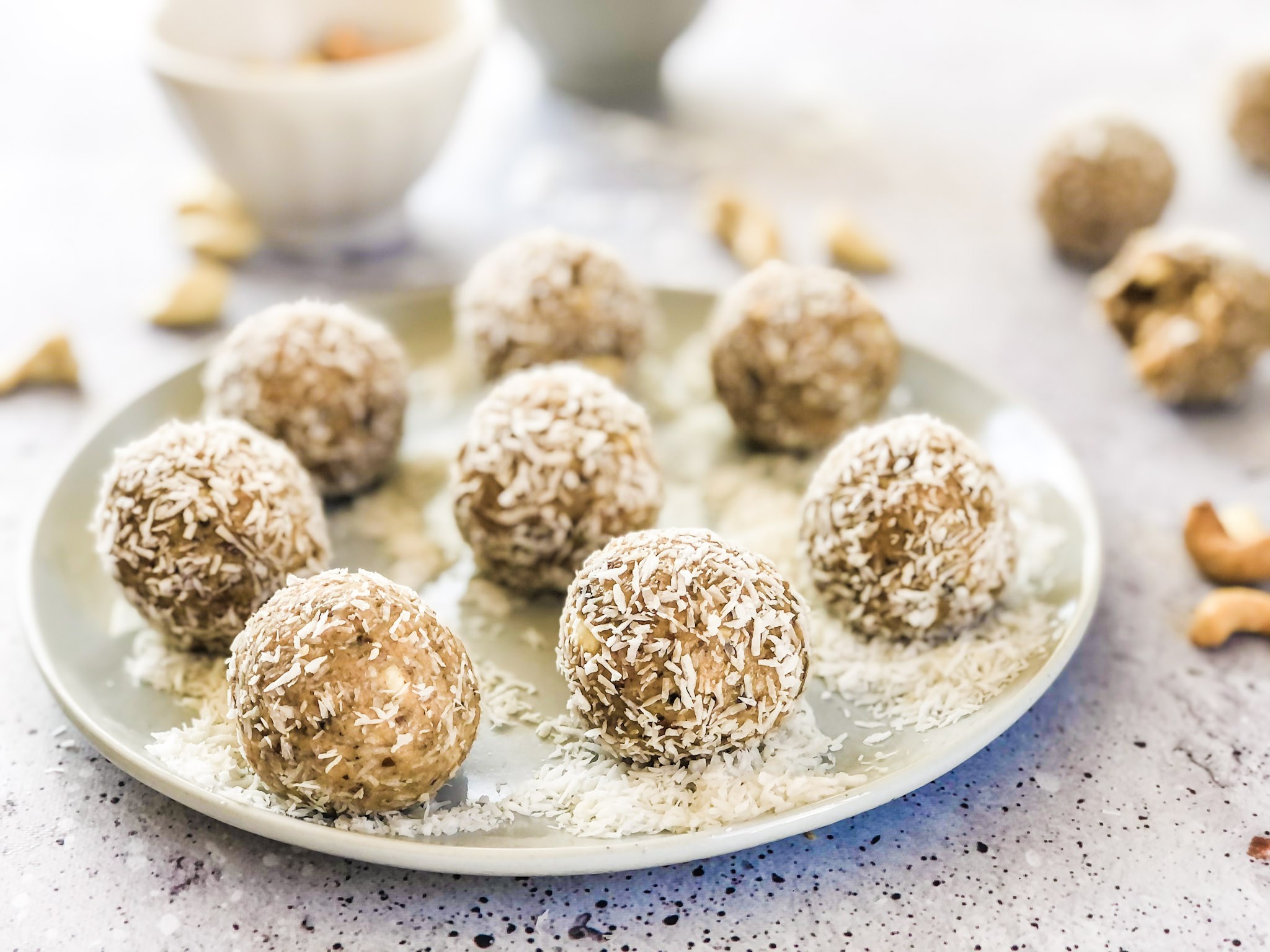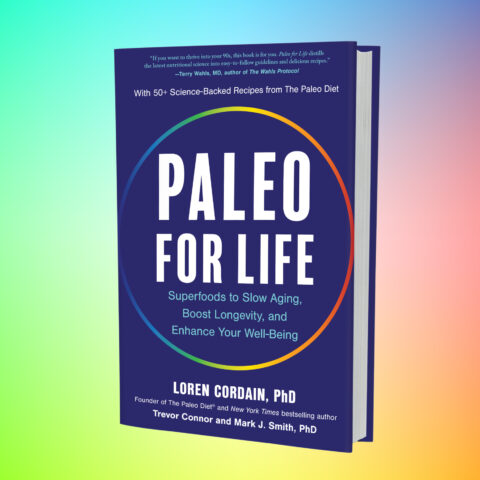Are Protein Powders Paleo?

Reviewed by Mark J. Smith, Ph.D., on March 23, 2022
Whether you’re recovering from a hard workout or just need an energy boost, protein powders are a convenient way to get more protein into your diet. But are protein powders Paleo? The answer is that it depends. Here’s our guide to finding Paleo protein powders that are healthy for occasional use.
The Paleo Diet avoids processed foods and let’s face it, most protein powders and shakes go through a rigorous process to be produced and have a lot of additives. While some protein powders are okay some of the time, many are made with unhealthy, non-Paleo ingredients and contain sugars and additives that can make things worse.
Getting your protein from whole foods such as eggs, meats, and some nuts and seeds is always preferable. However, if you’re in a pinch and want to add some extra protein to your diet, certain Paleo protein powders can be okay in moderation.
Read on to learn how to choose a Paleo protein powder, and why you might consider needing a protein powder in the first place.
Why Do We Need Protein?
First, it’s important to know why we need protein in our diets. Protein plays a vital role in our overall health. Our skin, organs, immune system, muscles, and hormones all need protein to function properly.
Sadly, many of us are not getting enough protein. In fact, the typical Western diet is about 15% protein, where a healthier ratio is somewhere in the 20-35% range. Most non-Paleo eaters are getting too many of their calories from grain-based foods and food products, which causes many health problems for many people.
Proteins are made up of amino acids. While you can get them from some plant-based foods, animal proteins are the best source of proteins by far. The protein we get from animals, like meat and eggs, are more bioavailable than plant-based sources. Animal sources also provide higher amounts of the amino acid leucine, which regulates cellular processes such as protein synthesis, tissue regeneration, and metabolism. [1]
How to Find Paleo Protein Powders
Check the Label
When shopping for protein powders, be sure to read the labels carefully. Many are made with whey and casein, which are dairy proteins and off-limits on The Paleo Diet. The lactose found in dairy products can cause insulin resistance, which contributes to a myriad of issues ranging from acne to certain types of cancer. [2]
You’ll also want to make sure to steer clear of protein powders made with grains or other non-Paleo ingredients, like peas, soy, rice, or quinoa.
In order to be truly Paleo, a protein powder should be from a high-quality protein source and processed as little as possible. Good protein sources include egg whites, collagen peptides, and beef protein isolate. Hemp seeds would be better than many other plant-based proteins, although it’s not ideal to have hemp seeds as the main protein source as they contain some anti-nutrients.
Avoid Added Sugars
Added sugars are another common ingredient you’ll want to avoid. They can be listed as cane sugar, sucralose, aspartame, erythritol, sorbitol, and xylitol, so be sure to read labels carefully to make sure you’re getting a true sugar-free product.
Careful with Added Flavors
You’ll also want to look for flavorless varieties, unless the added flavor is made from pure cacao or vanilla.
Tip: You can always buy flavorless if you aren’t sure about the added ingredients, and add a drop or two of vanilla or almond extract yourself to give your protein shakes a little extra flavor.
How to Use Protein Powder

Don’t feel limited to protein shakes! You can add a scoop to a cup of coffee, or mix protein powers into your favorite homemade energy bar recipe.
Try adding a serving to any of these recipes to boost your protein even more:
The Bottom Line
If you’re looking to add more protein to your diet, it is always best to get it from whole foods, like grass-fed meat and organic eggs. If you really want to use a protein powder, be sure to stick with a brand that uses natural ingredients with no added sugar, and protein sourced from collagen peptides or eggs instead of whey and casein. Remember, it’s best to use supplements as supplemental to a healthy whole food diet and not as a replacement to whole foods.
References:
- Paddon-Jones D, Campbell WW, Jacques PF, Kritchevsky SB, Moore LL, Rodriguez NR, van Loon LJ. Protein and healthy aging. Am J Clin Nutr. 2015 Jun;101(6):1339S-1345S. doi: 10.3945/ajcn.114.084061. Epub 2015 Apr 29. PMID: 25926511. https://academic.oup.com/ajcn/article/101/6/1339S/4564495
- Tucker LA, Erickson A, LeCheminant JD, Bailey BW. Dairy consumption and insulin resistance: the role of body fat, physical activity, and energy intake. J Diabetes Res. 2015;2015:206959. doi: 10.1155/2015/206959. Epub 2015 Jan 29. PMID: 25710041; PMCID: PMC4325471. https://www.hindawi.com/journals/jdr/2015/206959/
Jodi M. VerWeire
Jodi lives in western New York state where she is an enthusiastic advocate for how diet affects overall health.
More About The Author




